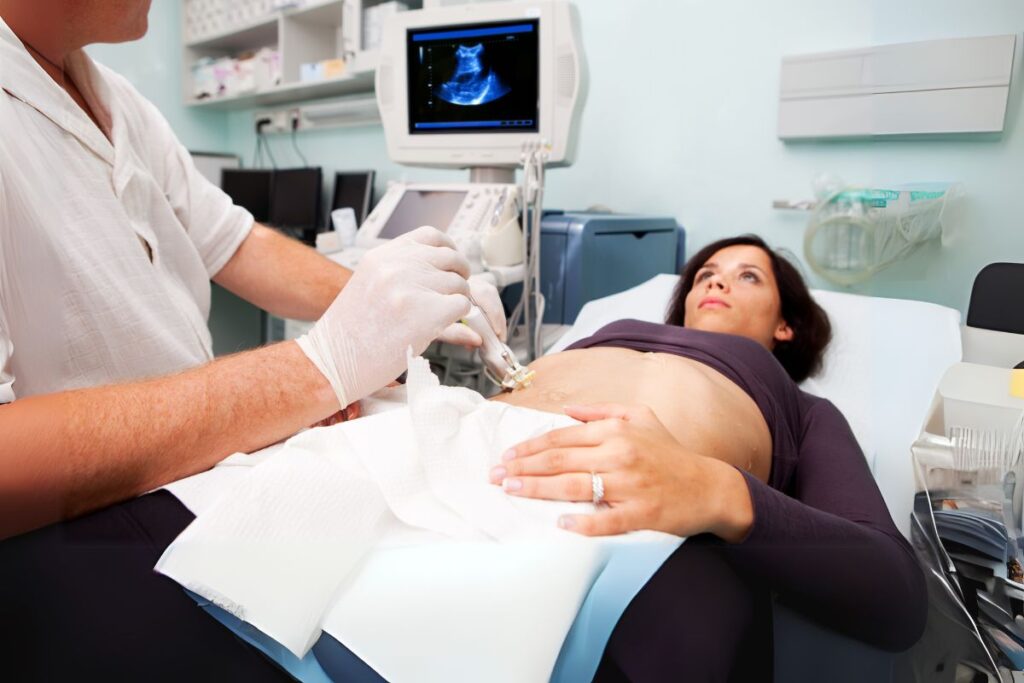“What if the biopsy causes the cancer to spread?” This is a common concern among patients facing a biopsy, especially when dealing with an already stressful cancer diagnosis. Let’s address this fear and clear up the confusion about biopsies and whether they cause cancer to spread.
The Myth: Biopsy Can Cause Cancer to Spread
When Rajesh was first told he needed a biopsy to check for prostate cancer, he hesitated. He had heard rumors that the procedure could cause cancer to spread, so he considered avoiding it. But after speaking to his oncologist, he learned the truth: biopsies do not cause cancer to spread.
Fact: Biopsies are a safe and necessary part of cancer diagnosis. The procedure involves taking a small sample of tissue for testing, and while it might seem invasive, there is no evidence that biopsies cause cancer to spread to other parts of the body.
Why Biopsy Is Important
Biopsies are essential for diagnosing cancer accurately and determining the best course of treatment. The information gained from a biopsy helps doctors understand the type, grade, and stage of cancer, which influences treatment decisions. Without a biopsy, doctors would not have enough information to plan the most effective treatments.
Fact: A biopsy helps doctors make informed decisions about the treatment plan, increasing your chances of successful treatment.
The Truth About Biopsy and Cancer Spread
Rarely, a biopsy may introduce cells into the bloodstream if the cancer has progressed to an advanced stage and spread to the lymph nodes. But, there is very little risk, and the advantages of a biopsy outweigh this small risk. Your doctor can make sure you get the most effective and focused treatment by doing a biopsy.
Conclusion:
A biopsy is a low-risk method for correctly diagnosing cancer and choosing the most effective course of treatment. Cancer does not spread because of it.
FAQs: Biopsy and Cancer
Can a biopsy cause cancer to spread?
No, there is no proof that cancer can spread due to biopsy. It’s a necessary procedure for accurate diagnosis.
Why do I need a biopsy?
A biopsy helps determine the type, grade, and stage of cancer, guiding your treatment options.
Are biopsies painful?
Biopsies are typically performed under local anaesthesia, so they are not usually painful. Some discomfort may occur afterwards, but it is generally mild.
How long does it take to get biopsy results?
Results are usually available within a few days to a week, depending on the type of biopsy and lab testing required.
Can a biopsy detect all types of cancer?
Yes, biopsies are used to diagnose many types of cancer, including breast, prostate, lung, and gastrointestinal cancers.
How HealthPil Can Help:
Our network of doctors at HealthPil can make sure that you are comfortable with your treatment plan and answer any concerns you may have about cancer diagnosis and treatment options, including the biopsy procedure.
Disclaimer:
The information provided here is intended solely for educational purposes only and should not be used as a substitute for professional medical advice, diagnosis, or treatment. Always consult your doctor for medical advice tailored to your specific condition.

